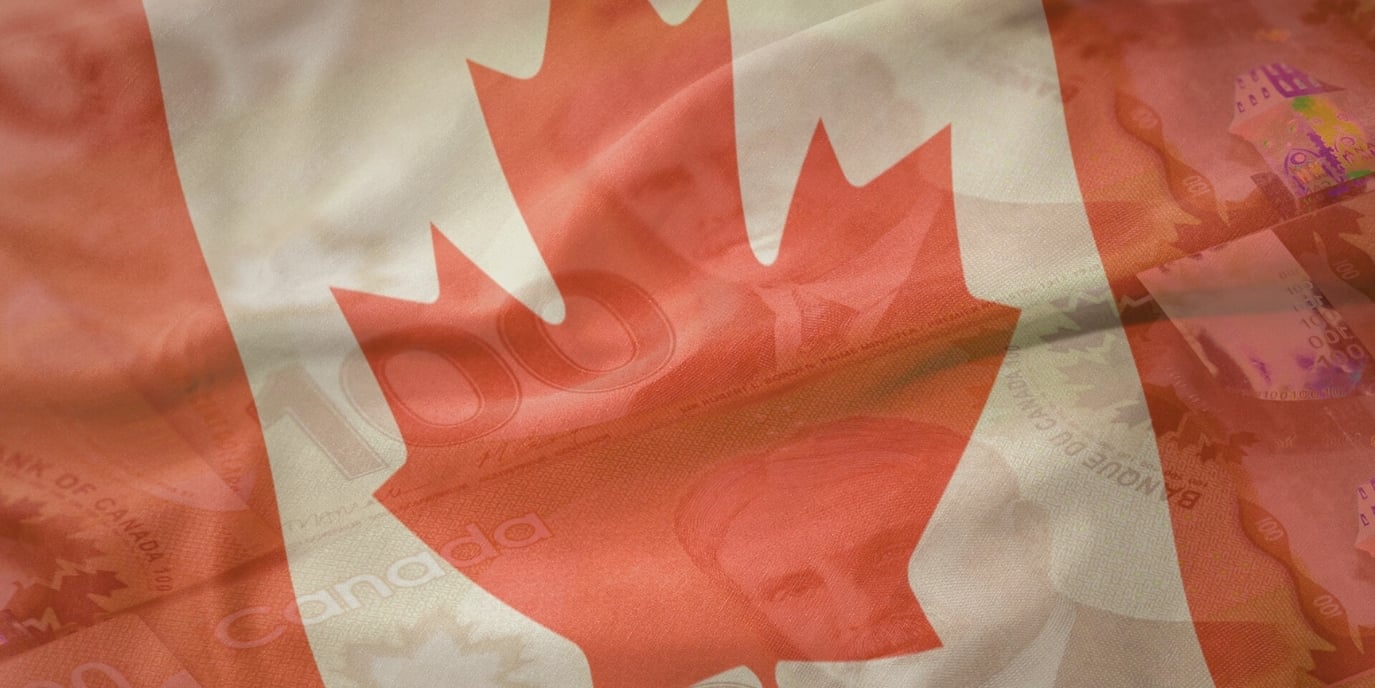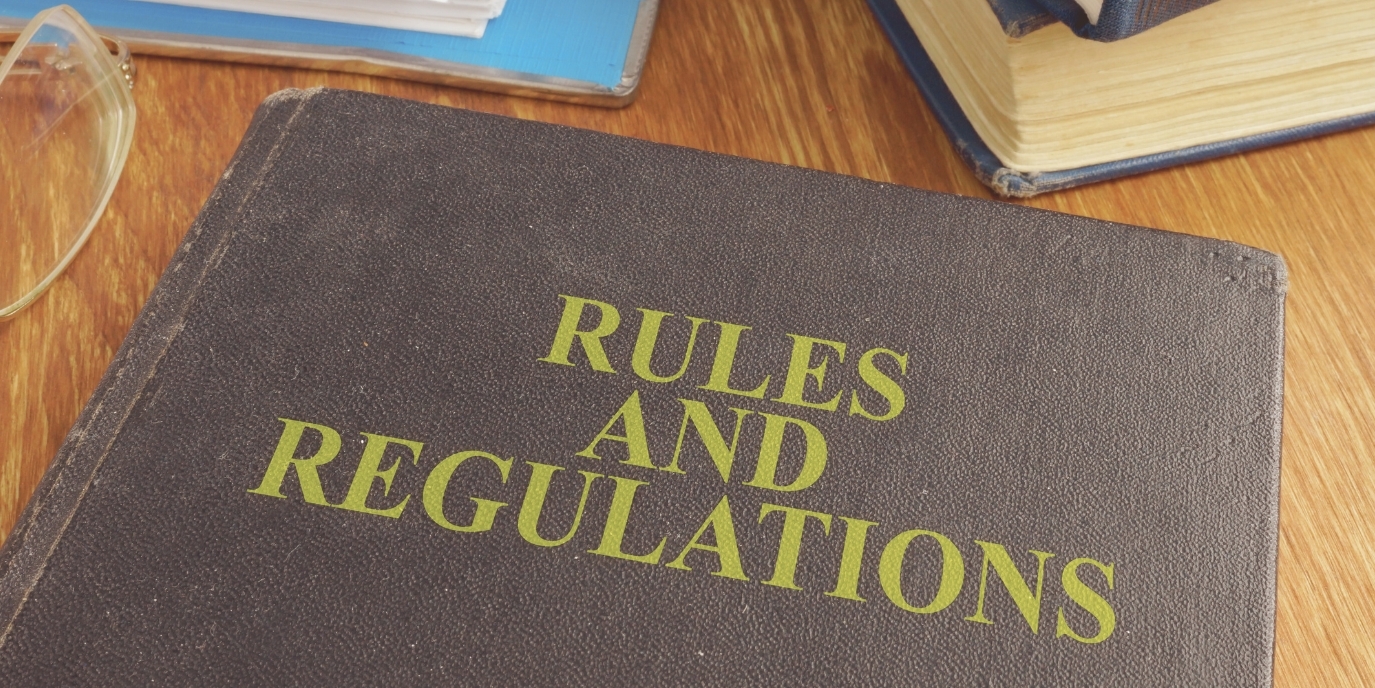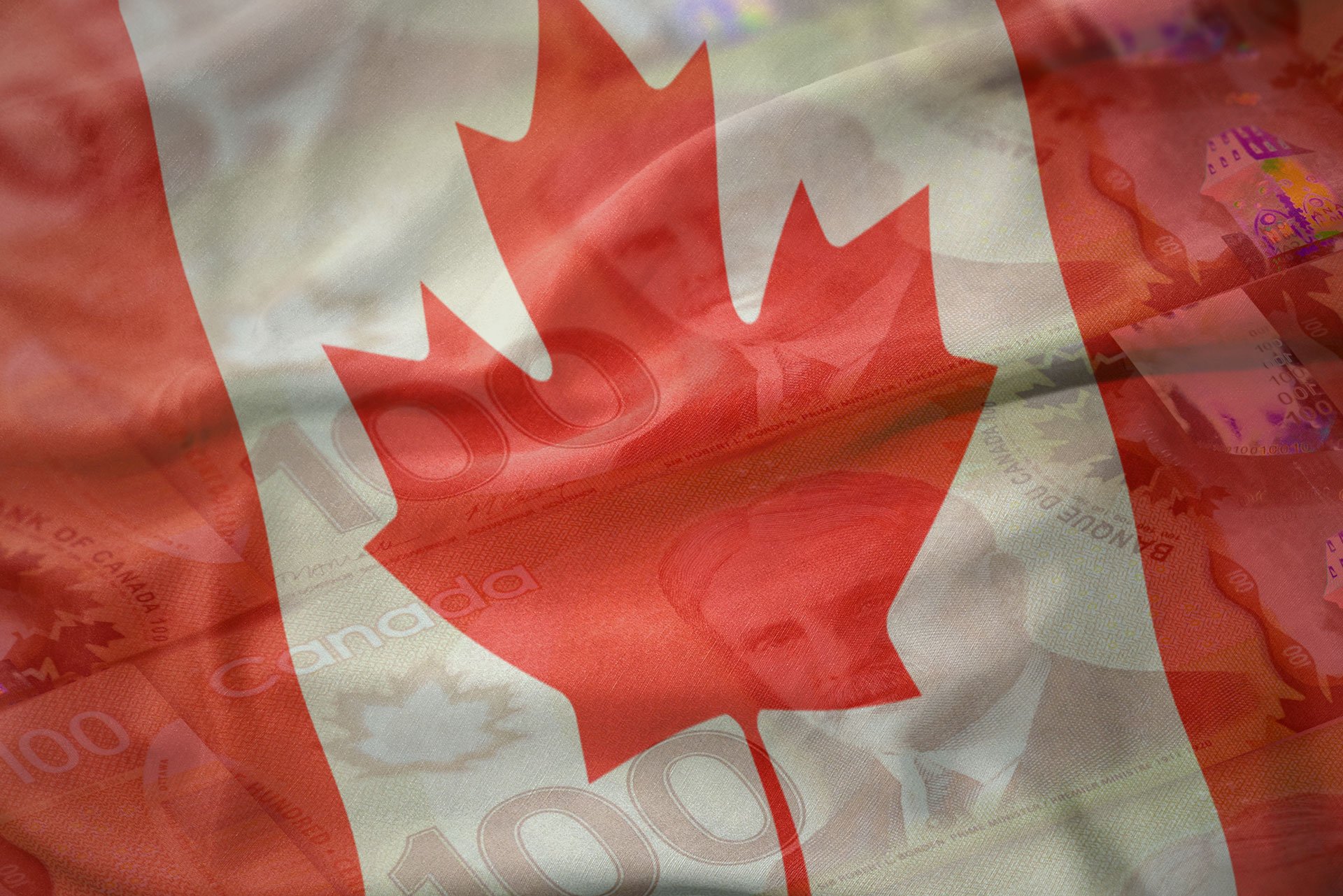We break down the complexities of the logistics industry. Understand the ins and outs of moving goods and master the principles, processes, and practices of shipping.
How to manage responsibilities and risks as a non-resident importer in Canada

As a non-resident importer, you can sell into Canada without a Canadian entity, but you cannot treat compliance as someone else’s job.
Requirements to import hazardous waste into Canada

Hazardous waste is tightly regulated in Canada. Understanding its import requirements and adhering to them helps protect your business.
An importer’s guide to Canadian customs release types

The CBSA recognizes four main release options for commercial goods, and the right choice depends on your RPP setup and how you want to handle accounting after release.
How to determine the declaration type required on the CAD
.jpg)
The CAD declaration type tells the CBSA why this declaration is being submitted and what stage the goods are at in the import process.
Why using the right tariff treatment code for your imports matters

Tariff treatment codes affect duty costs and overall import expenses and should be consistent with the origin of the goods being imported.
What you need to know about the Canadian customs clearance process
.jpg)
Successful customs clearance starts with understanding how each stage of the process works, who is responsible at each stage, and what the requirements are.
How to account for your imports using the Commercial Accounting Declaration (CAD)
.jpg)
The CAD is the foundation of Canada’s import accounting system and the formal record that the CBSA uses to assess import obligations and ensure compliance.
Importing restricted and prohibited goods into Canada

Importing restricted and prohibited goods into Canada without understanding the rules can lead to shipment delays, penalties, or seizure.
Understanding the difference between value for duty and value for tax

Value for tax and value for duty serve different purposes in the Canadian import process. While value for duty determines the customs duty that applies, value for tax determines how much sales tax is payable on your shipment at the time of import.
How to claim a refund of duties after importing

You may claim a refund of duties after import, but only if certain conditions are met, and the refund request is submitted within the specified timeframe with sufficient supporting documentation.
Search Topic
Latest Articles
- How to manage responsibilities and risks as a non-resident importer in Canada
- Requirements to import hazardous waste into Canada
- An importer’s guide to Canadian customs release types
- How to determine the declaration type required on the CAD
- Why using the right tariff treatment code for your imports matters
